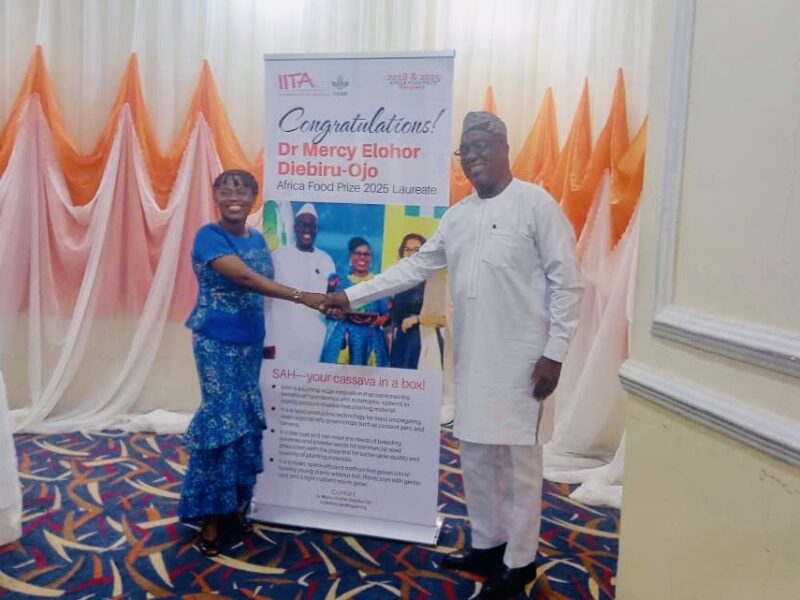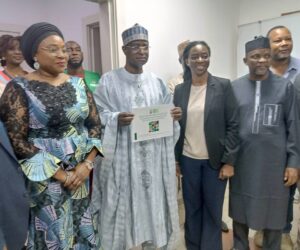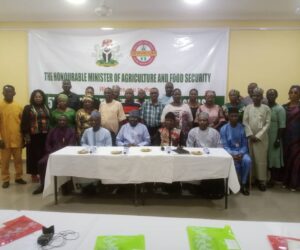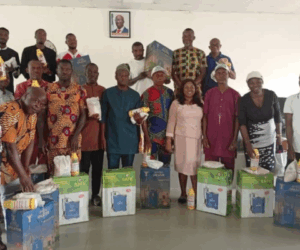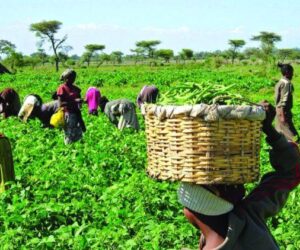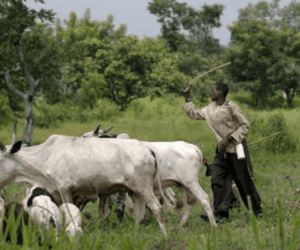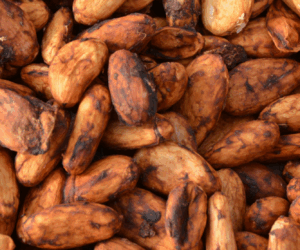By Felicia Imohimi
International Institute of Tropical Agriculture (IITA) has honoured one of its staff Dr Mercy Diebiru-Ojo, for emerging the 2025 Africa Food Prize Laureate, for her groundbreaking work in cassava and yam seed systems.
Diebiru-Ojo, a scientist, adopted the Semi-Autotrophic Hydroponics (SAH) technology.
Dr Simeon Ehui, Director-General of IITA said at a news conference in Abuja that the celebration was a landmark achievement in African agricultural innovation.
The News Agency of Nigeria (NAN) reports that Prof. Mary Abukutsa-Onyango from Kenya and Diebiru-Ojo from Nigeria, emerged winners of the 2025 Africa Food Prize at the recently held Africa Food System Forum in Dakar.
According to him, the conference is to avail the media an opportunity to engage with the African laureate, key stakeholders and explore the impact of SAH on food security, and highlight the role of African-led science in transforming agriculture.
Ehui said that the opportunity would help amplify the story of African innovation and the transformative power of agricultural research.
“The prize, regarded as the continent’s foremost recognition for agricultural innovation, carries a US$100,000 award split between the two honourees.
“Diebiru-Ojo leadership has been pivotal in advancing SAH to cultivate cassava and yam which are two of Africa’s important staples.’’
The D-G identified SAH as a clean nursery-based method that rapidly multiplies disease-free plants at scale, lowering and shortening time to field and shortening seed system end-to-end.
He further said that SAH as an approachable breakthrough was at the moment deployed with partners to move and improve varieties faster and more reliably to farmers..
He said the award was important to Africa due to the speed and impacts of SAH.
“SAH accelerates the pipeline from laboratory to the field, helping countries respond faster to pests, diseases, and climate shocks with clean and high-performing varieties.
“The second reason is food security at scale. When cassava and yam planting material is clean and abundant, yields rise, losses decrease, and household resilience improves which is tangible nutrition and income for millions.
“The third reason is that SAH is a model of partnership. This success is built with national research systems, seed companies, farmer organisations and donors.”
Diebiru-Ojo embodies the best of IITA scientific rigor, entrepreneurial drive, and deep commitment to farmer impact.”
Ehui, said that beyond her research and system work at IITA, Diebiru-Ojo has championed early-generation seed enterprises and partnerships that made quality multi-materials available on time, at volume, and affordable price to farmers.
He said the prize committee decision to honour two women innovators this year was a powerful message about the future IITA is building.
Ehui who commended the National Root Crop Research Institute (NRCRI) and others for their research development and production, pledged that the SAH technology would be scaled up in turmeric, ginger, sweet potato among others.
According to him, this is an opportunity to expand the collaboration between IITA and other research institutes or centres that work on roots and tuber crops like seed.
Earlier, Diebiru-Ojo appreciated the IITA D-G for availing her the opportunity to attain the exalted position.
She dedicated the award to the institute, the country and the continent, describing it as a win for all.
The awardee said they were able to win the prize for being the first to adopt the technology from a company in the U.S. on cassava.
“‘The first crop we adapted was cassava, and we moved to yam. We started using it in a small laboratory, and the essence of the technology was to provide planting materials for cassava.
“One of the major reasons this technology gained recognition is because it is scalable and replicable. It is no longer just in Nigeria; it is being used in over 15 African countries.
Many of these countries depend on cassava as a staple food, and with the pressures of climate change and food security concerns, cassava is seen as a resilient crop.
“There is huge interest in technology. We have already deployed it to several countries, with more coming on board.
“This drew the attention of the award organisers, who saw the real-life impact of the technology on farmers, producers, industry, and even governments,”she said. (NAN)
Edited by Emmanuel Afonne
Published By
- Agriculture and Environment Desk Controller/Website Content Manager.

